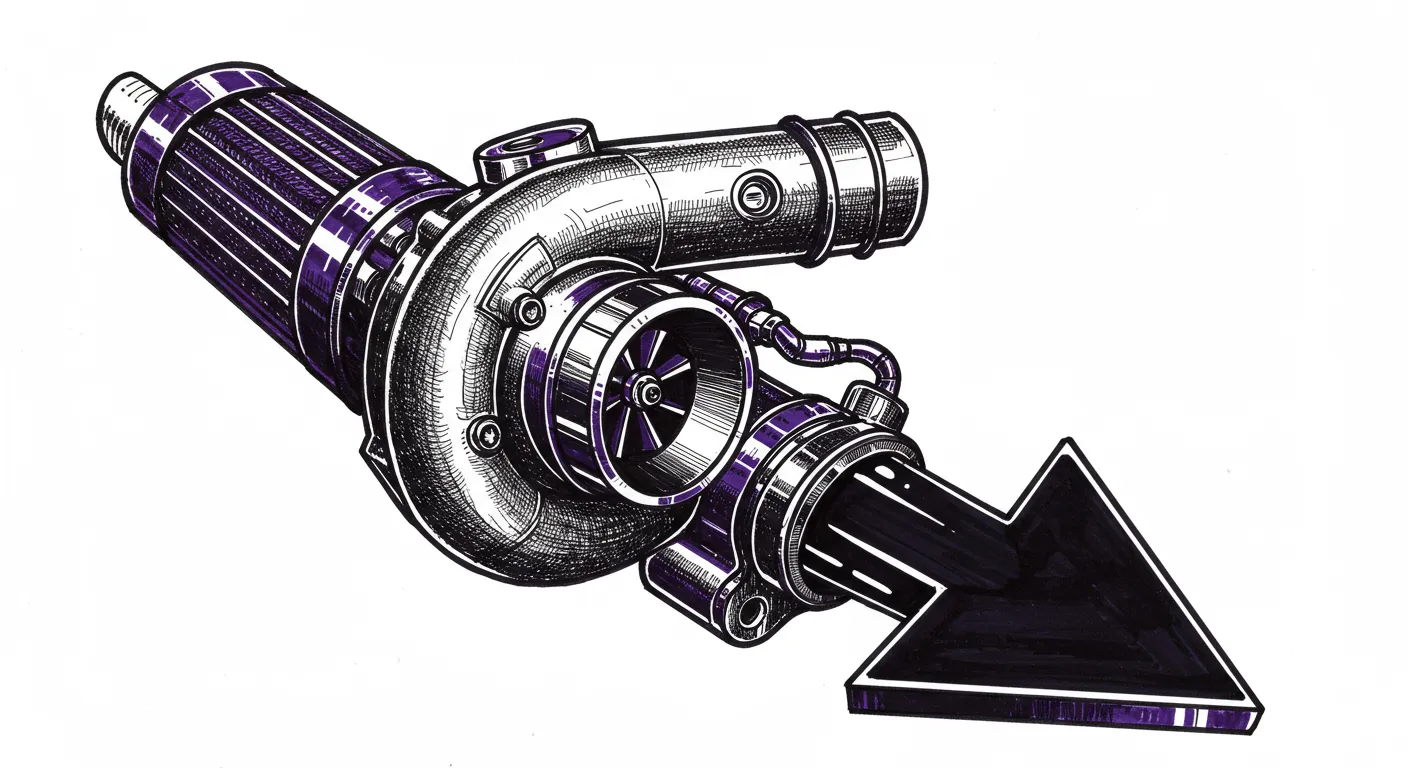In the world of tech infrastructure, data transmission is getting a performance makeover. Online commentators are buzzing about OpenTelemetry's latest integration with Apache Arrow, a move that promises to dramatically shrink data payload sizes and speed up telemetry pipelines.
The core innovation lies in replacing the traditional OpenTelemetry Protocol (OTLP) with a more efficient Apache Arrow-based approach. Early reports suggest dramatic improvements, with compression rates potentially reducing data transit sizes by 50-70% compared to the previous protocol. This isn't just incremental improvement—it's a potential game-changer for systems struggling with bulky data transmission.
Performance enthusiasts are particularly excited about the zero-copy, in-memory data handling. By using a columnar format, the new protocol allows for faster processing and more efficient data movement across complex tech stacks. This could be especially transformative for Kubernetes clusters and distributed systems where every byte of network transmission counts.
The Rust programming language is playing a key role in this evolution, with developers exploring thread-per-core runtimes and optimized IO strategies. Projects like Glommio and Monoio are emerging as potential frameworks for building ultra-efficient telemetry pipelines.
While some online commentators see this as potential "scope creep," the broader community seems enthusiastic about a protocol that could make observability tools faster, leaner, and more adaptable across different technology environments.


